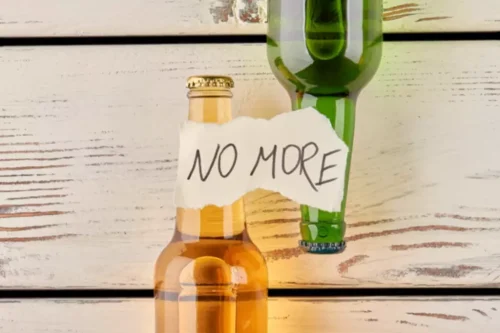
This can help a person learn how to regulate their emotions and cope with their feelings without resorting to meanness. Alcoholism can also cause changes in a person’s mental health, including depression and anxiety. These mental health issues can further exacerbate a person’s emotional state, leading to a decrease in their ability to regulate their emotions. This can contribute to them being mean when sober, as they are unable to effectively manage their emotions. Landmark Recovery was founded with a determination to make addiction treatment accessible for all.
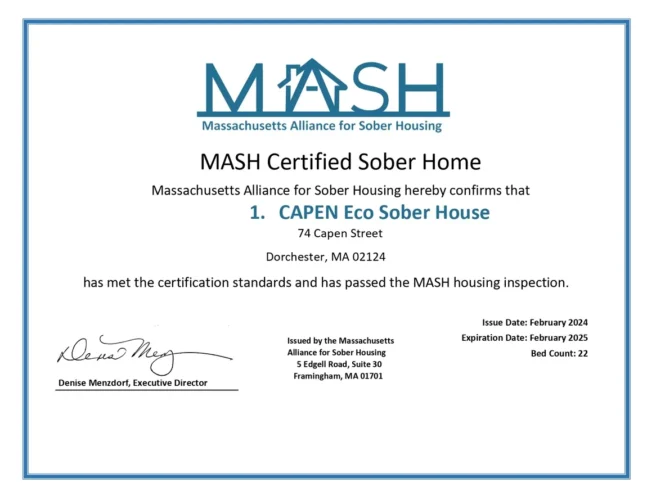
Individualized, evidence based treatment, to fit your needs.
- So here’s my call to action – next time you see someone turning into an ‘angry drunk’, don’t turn a blind eye.
- This occurs in long-term relationships such as marriage, as well as all dating scenarios.
- There is also a strong link between domestic violence and alcoholism.
- Once you identify you’re feeling lonely, you can take steps to get connected, whether it be calling a friend or joining a support group.
Therefore sober anger management techniques must be employed while recovering from alcohol addiction. Most people who have an alcohol addiction find they don’t have any aspirations in life. However, when you stop drinking and get sober, you can find Twelve-step program new ambitions for your life. You can find the empowerment, motivation, and desire to live the best life possible.

Do People Have Different Personalities When Drunk?
- In a WHO assessment on domestic violence and alcohol, 55% of surveyed Americans stated they thought their partner was intoxicated during a physical assault.
- Research suggests that certain factors might make a person more likely to become aggressive when they drink.
- For people who love or are living with an alcoholic, this sudden flip in behavior can be bewildering.
Identifying this behavior can also be an indication that you have a problem with alcohol, even if the amount of the alcohol is minimal. The exact amount of alcohol that will initiate aggression is unknown and varies from person to person. At Boardwalk Recovery Center, we understand that every individual handles alcohol differently and we approach our treatment and care with that in mind.
- An example would be if you were to get cut off by another driver on a busy or chaotic highway.
- An interesting fact is that alcohol amplifies our underlying emotions at the moment of consumption.
- Learning to identify what you’re actually feeling is key to moving past anger, and expressing yourself to others can help you get there.
- With the prefrontal cortex impaired from drinking, people may struggle to keep their emotions in check or weigh the consequences of their actions.
- However, as blood alcohol concentration increases, one might experience more negative effects such as mood swings or aggression.
- One study published in a journal called Cognitive, Affective, & Behavioral Neuroscience sought to explore factors that make some people more aggressive when they drink.
Sober and Mad at the World: Dealing with Anger in Early Recovery
Those who don’t think about the consequences of their actions are more likely to adversely affect themselves and others. Additionally, when you don’t reflect on mistakes you’ve made, you’ll probably repeat them. If you feel like you have a pattern of being aggressive when drinking alcohol, you should understand how your behavior can impact yourself and others.
Being “Dry Drunk”
That’s right – one in four drinkers could potentially show signs of aggression when under the influence! Essentially, it refers to individuals who exhibit aggressive behavior when why are alcoholics angry they consume alcohol. Now, we’re not talking about a minor irritability here; these folks can become noticeably hostile and confrontational. When we delve deeper into the psyche of an ‘angry drunk,’ we often find a complex interplay between psychological factors and substance use. It’s important for both individuals and society as a whole to understand these dynamics better – not just to handle such situations effectively but also for preventive measures.
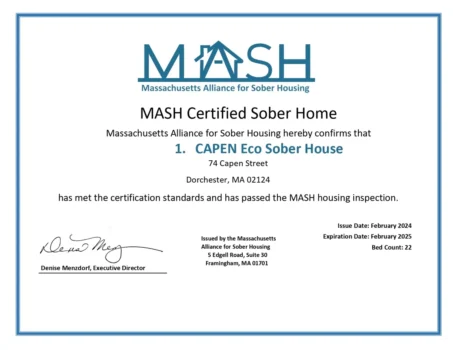
Instead, each participant randomly lost the game about half the time and was led to believe another person was delivering shocks to them during each loss. “Later on in the night, you may find someone crying or becoming overly emotional, and this is because, as the alcohol wears off, there is a big drop in serotonin below baseline,” Tietz explains. But effects to other neurotransmitters, including gamma-aminobutyric acid (GABA) and glutamine, may also be involved. So, someone may not be able to grasp the bigger picture of a situation. Instead, they may zoom in on a particularly small thing and have an overly aggressive response (2).
Alcohol Affects How the Brain Functions: Here’s What That Means for Your Anger
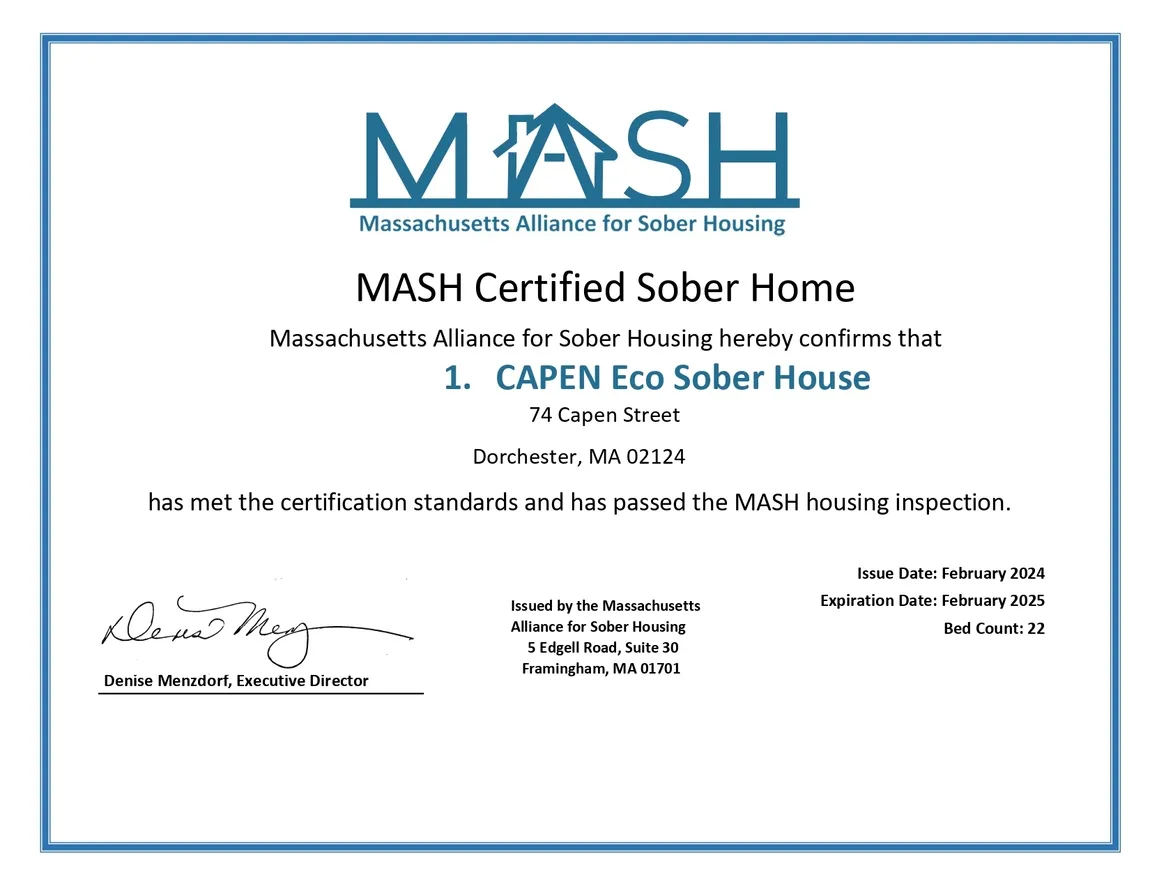
The outcomes of alcohol and anger can be hazardous, causing traumatizing situations for the inebriated person and the people around them. Many addiction treatment programs also provide Cognitive-Behavioral Therapy, or CBT, which helps individuals process negative habits and behaviors and develop more positive, healthier alternatives. When led by a skilled therapist with a deep understanding of an individual’s background and experiences, CBT may be effective in helping to develop calming habits and other anger-reduction techniques. When under the influence of alcohol, individuals may find it harder to restrain their emotions, leading to anger outbursts. Additionally, alcohol can exaggerate underlying emotional issues or frustrations, bringing them to the surface in an uncontrolled way.
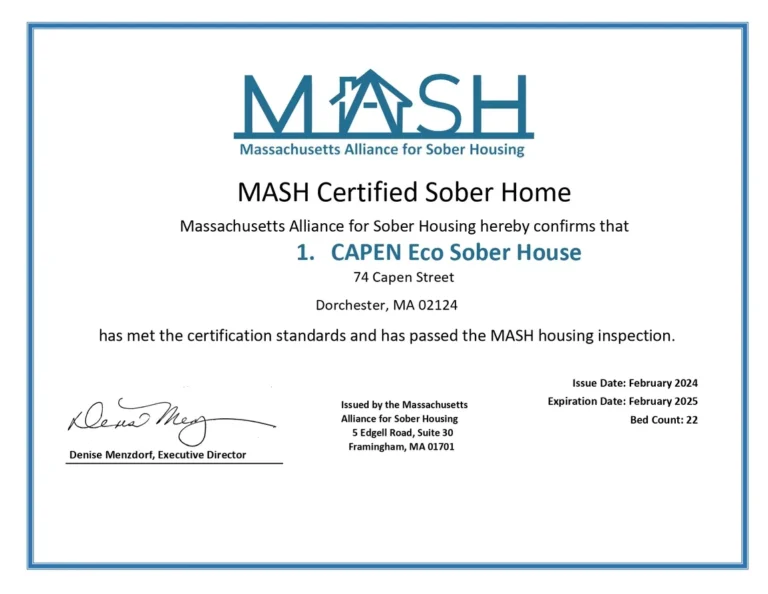
Anger Management
The cycle continues until the addiction spirals out of control even more. If you have an addiction and low self-esteem, it is time to contact the alcohol rehabilitation center. However, before diving deeper into understanding these reasonings, there are a few things you should know. An addiction is a disease, and alcoholics can’t drink for fun without going overboard. If anger is an issue for you or a loved one when you drink, contact an addiction treatment professional near you and inform them of your needs. A reputable alcohol treatment program will be able to assess whether their program is a good fit for your recovery goals or whether they should refer you to a program more specialized around your needs.
People who tend to ignore the future consequences of their behavior, or score low on the Consideration of Future Consequences (CFC) scale, have been found to display more aggression. This is heightened when consuming alcohol, according to a 2012 study. Alcohol impairs cognitive function, which means it is more difficult to problem-solve, control anger, and make good decisions when drinking. Decreased cognitive function also means it’s more likely for you to misread a situation and overreact.